New Test May Detect Multiple Cancers, Tumor Points of Origin
A novel blood test has the ability to detect tumor DNA from multiple cancers at a high level of sensitivity, according to data presented at the ESMO Congress 2022.
The test is designed to recognize circulating tumor DNA from more than 50 different cancer subtypes in a patient sample, as well as to detect where in the body the signal originates.
In the prospective PATHFINDER study, researchers obtained samples from 6,621 individuals aged 50 years and older, including those with and without a known history of cancer risk factors.
The researchers confirmed the cancer status of all participants at 1 year after the initial test results. In total, 1.4% of study participants without a known cancer diagnosis (n = 92) were found to harbor a cancer signal. Cancer was ultimately confirmed in 38% of this cohort (n = 35). Among the remaining 6,290 participants without a cancer signal, the negative testing specificity rate was 99.1% (n = 6235).
Twenty-four participants with true positives had their cancers definitively diagnosed within 3 months of receiving test results. The median time to resolution was 57 days (range, 33-143) in this cohort, compared with 162 days (range, 44-248) for patients with false positive results.
“The results are an important first step for early cancer detection tests because they showed a good detection rate for people who had cancer and an excellent specificity rate for those who did not have cancer. In people with a positive test, it took less than 2 months to confirm the diagnosis if they had cancer, and it took a bit longer if they did not have cancer primarily because physicians opted to perform imaging studies and then repeat them a second time several months later to investigate the possibility of a cancer diagnosis,” Deb Schrag, MD, MPH, chair of the department of medicine at Memorial Sloan Kettering Cancer Center, in a press release.
Despite the extended time to confirm false positive cases, Schrag noted that few patients required invasive testing, such as biopsy or endoscopy.
The cancer signal origin prediction accuracy was 97.1% (95% CI, 85.1-99.8) for the early version of the test, detecting the point of origin in 33 patients. The accuracy of a refined version of the test was 88% (95% CI, 70-95.8), with the point of origin detected in 22 of 25 samples.
Schrag added that test refinement is needed to better determine tumor DNA from the other DNA in the blood. She concluded that it is too early to know how MCED testing affects mortality, which will need “lengthy follow-up.”
--
Reference:
https://www.esmo.org/newsroom/press-releases/a-new-era-of-early-cancer-detection-with-blood-test-may-change-cancer-screening-paradigms
Disclosures: Schrag declared financial ties to drugmakers. See full abstract for details.
Photo Credit: Getty Images.
By Cameron Kelsall, MD /alert Contributor
.jpg)




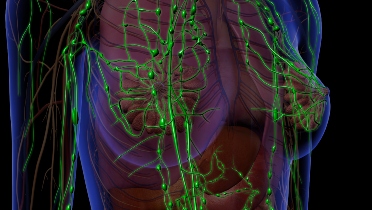
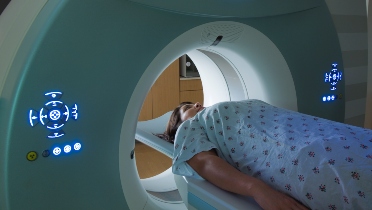





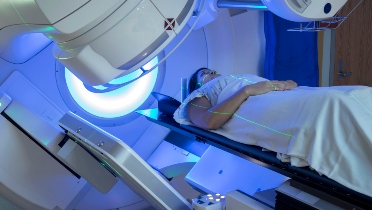



.jpg)
_.jpg)


.jpg)
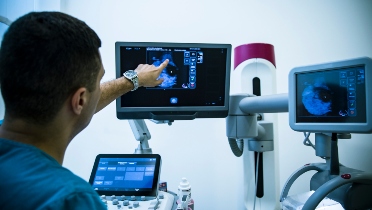


.jpg)
.jpg)

.jpg)
.jpg)

.jpg)
.jpg)
.jpg)
.jpg)
.jpg)
.jpg)

.jpg)
.jpg)
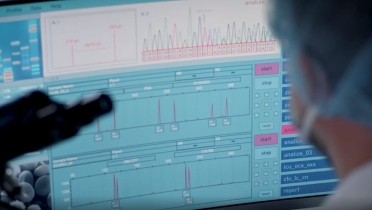
.jpg)
.jpg)


.jpg)
.jpg)
.jpg)
.jpg)
.jpg)
.jpg)

.jpg)
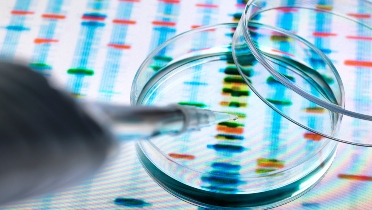
.jpg)
.jpg)

.jpg)
.jpg)

.jpg)
.jpg)

.jpg)


.jpg)
.jpg)
.jpg)


.jpg)
.jpg)

.jpg)
.jpg)
.jpg)

.jpg)
.jpg)
.jpg)
.jpg)
.jpg)
.jpg)
.jpg)
.jpg)
.jpg)
.jpg)
.jpg)
.jpg)
.jpg)

.jpg)
.jpg)
.jpg)

.jpg)
.jpg)

.jpg)

.jpg)
.jpg)
.jpg)
.jpg)

.jpg)
.jpg)
.jpg)
.jpg)

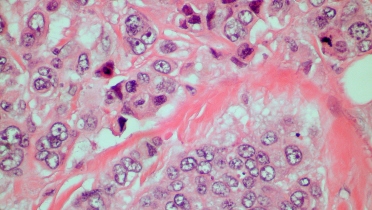
.jpg)
.jpg)

.jpg)
.jpg)
.jpg)
.jpg)

.jpg)
.jpg)
.jpg)
.jpg)

.jpg)
.jpg)
.jpg)
.jpg)
 Featured Breast Cancer Videos
Featured Breast Cancer Videos.jpg)